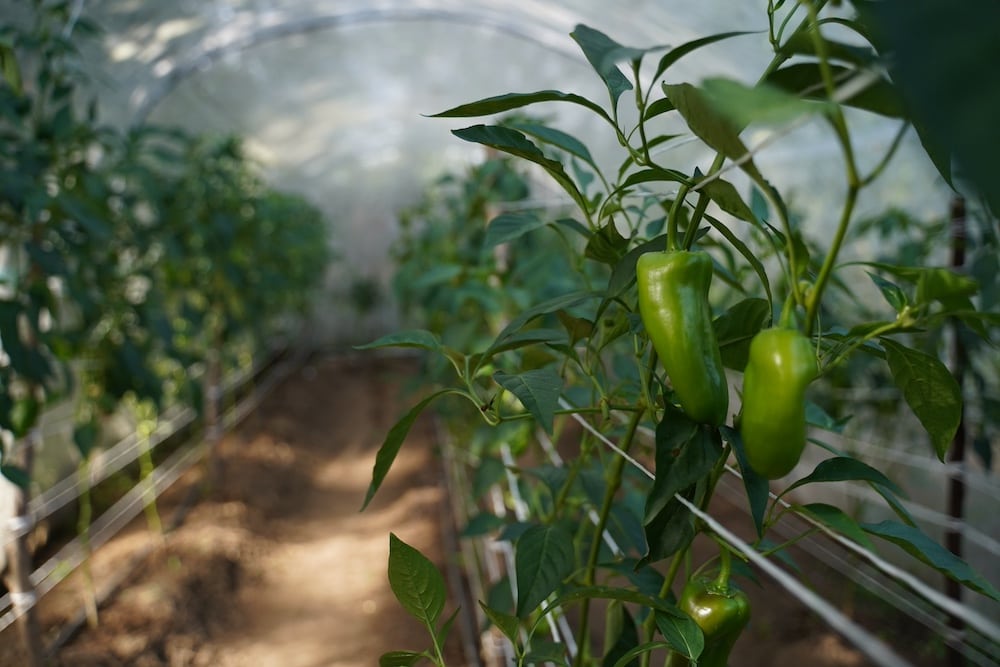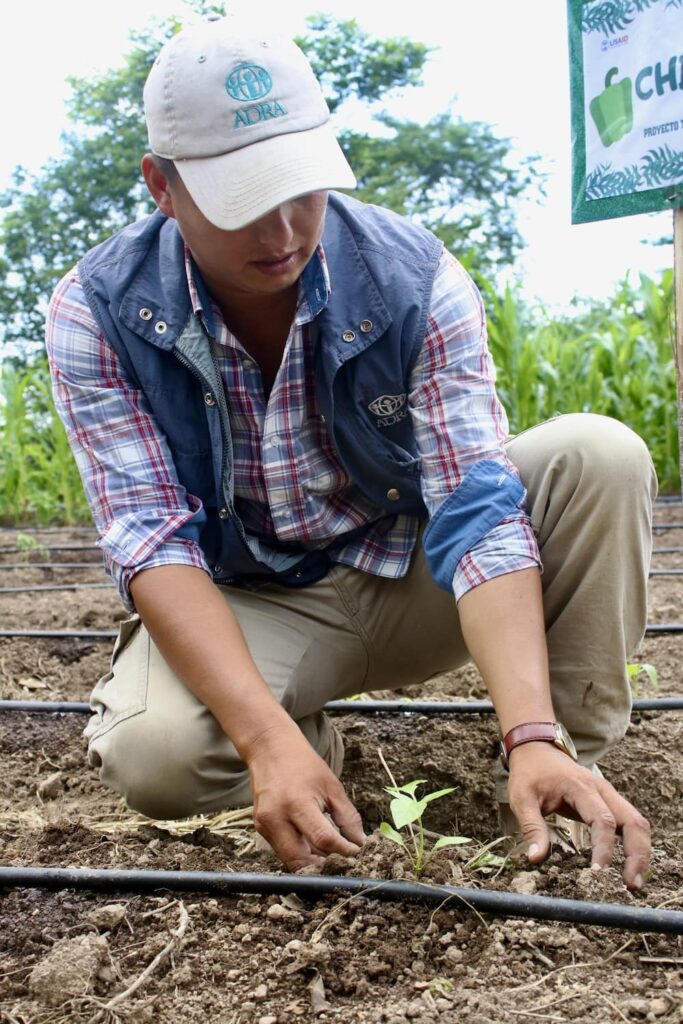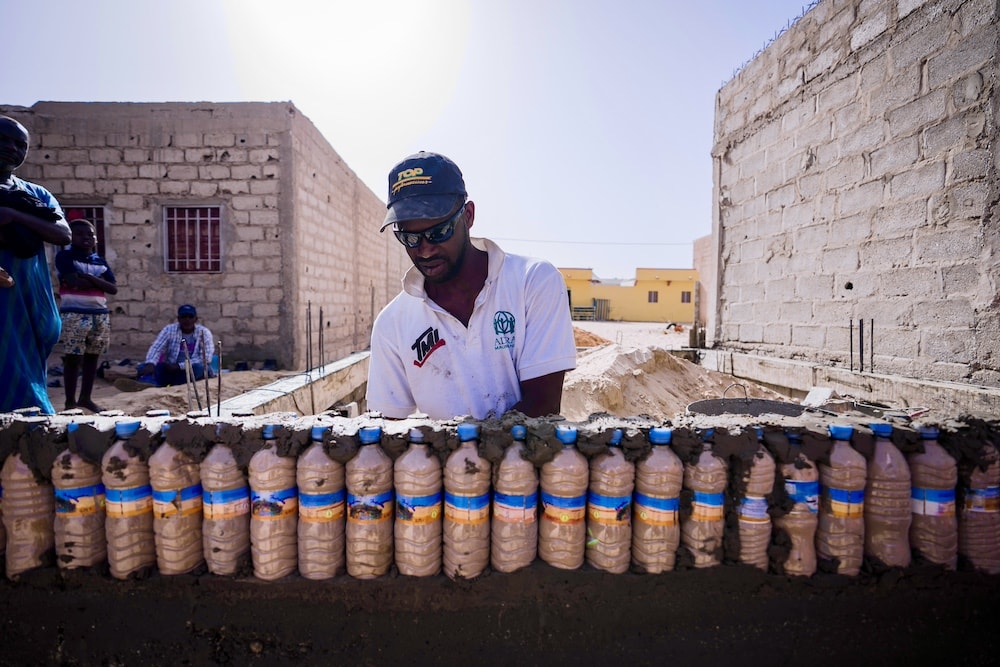ADRA Advocates for Comprehensive Climate Solutions at COP28 in Dubai
Humanitarian arm of the Adventist Church will coordinate sessions and panels.
December 5, 2023 | Silver Spring, Maryland, United States | ADRA International, and Adventist Review
The Adventist Development and Relief Agency (ADRA) is present at COP28 to highlight its experience in building resilience and sustainable development that helps vulnerable worldwide communities to anticipate, adapt, and mitigate the effects of climate change.
COP28, the United Nations Climate Change Conference, is taking place in Dubai, United Arab Emirates, from November 30 to December 12. ADRA will be officially recognized as a collaborating humanitarian agency at the annual event. COP28 serves as a platform for world leaders, scientists, and environmental experts to exchange ideas and solutions for tackling the impact of climate change.
“The consequences are far more widespread than many of us realize,” Imad Madanat, ADRA’s vice president for humanitarian affairs and network standards, said. “ADRA is at the forefront of battling the consequence of climate-related disasters that impact livelihoods and health in communities we work with, as well as prolong injustice and poverty.

ADRA has been teaching people how to build and use greenhouses to increase income and improve the nutrition of their children in rural areas. [Photo: ADRA International]
ADRA’s field teams have gained invaluable expertise over the years to support climate change mitigation and adaptation, Madanat explained. In that regard, he said, “COP28 will present another opportunity for us to share this knowledge as we have done in the past, to make sure the interests and needs of those vulnerable communities are taken into account when decisions are made.”
ADRA’s Climate-Smart Strategies
For more than 20 years, the humanitarian organization has developed and implemented nature-based initiatives in tandem with engineered climate-resilient solutions, as well as provided resource management capacity-building to assist communities in absorbing, adapting, and transforming in the face of climate change. It has launched dozens of initiatives to encourage climate-smart practices in underserved communities around the world, including climate-resilient warm and healthy houses to prevent disease in indigenous communities; drip irrigation systems in agricultural parcels to conserve water and fertilizer during dry cycles; and drought-resistant seeds to grow sustainable crops.

ADRA has launched dozens of initiatives to encourage climate-smart practices in underserved communities around the world. [Photo: ADRA International]
ADRA Moves to Net Zero
ADRA is implementing environmental initiatives to achieve Net Zero, or almost zero greenhouse gas emissions from human activity. According to NASA’s climate research, greenhouse gases raise sea levels, elevate the earth’s surface temperature, reduce snow accumulation, and increase the likelihood of droughts and forest fires. The global agency published a Carbon Reduction Guide in 2021 and shared lessons learned at the previous COP26 and COP27 conferences. Many country offices within the ADRA network have already signed the Climate Environmental Charter, which provides a set of guidelines to direct humanitarian action in response to climate change. In 2022, ADRA offices in Germany and Canada were also part of the International Committee of the Red Cross (ICRC) and EcoAct pilot project to establish the Humanitarian Carbon Calculator. The effort has helped ADRA calculate the gas emissions from projects in different parts of the world.

ADRA’s drip irrigation systems in agricultural parcels help to conserve water and fertilizer during dry cycles. [Photo: ADRA International]
ADRA’s Role at COP28
December 5: Carbon Accounting for Humanitarian Actors. ADRA hosts the “Carbon Accounting for Humanitarian Actors” thematic session at COP28 to address the humanitarian responsibility toward environmentally conscious operations, and how offices and programs employ carbon reduction methods. The session is moderated by Rolly and includes panelists Anne Bergh, secretary general of the Norwegian Red Cross; Stephen Cornish, general director of MSF-Switzerland; and Avish Raj, associate director for programs of ADRA Canada.

Among other initiatives, ADRA has built houses from recyclable plastic bottles for displaced and disabled people affected by leprosy. [Photo: ADRA International]
December 10: Food Insecurity: Climate-induced Shocks and Humanitarian Response. ADRA climate advisors are taking part in the“Food Insecurity: Climate-induced Shocks and Humanitarian Response” panel discussion to underscore the intricate relationship between food security, climate change, and humanitarian efforts. The discussion will highlight the significance of creative solutions and collaborative strategies to navigate these complex challenges.
“By implementing culturally relevant and climate-sensitive programs that uplift women, girls, and families, we can achieve our goal of building safe, equitable, and resilient communities,” said Rachel Beagles, business development and climate advisor for ADRA International.
The original version of this release was posted by ADRA International.